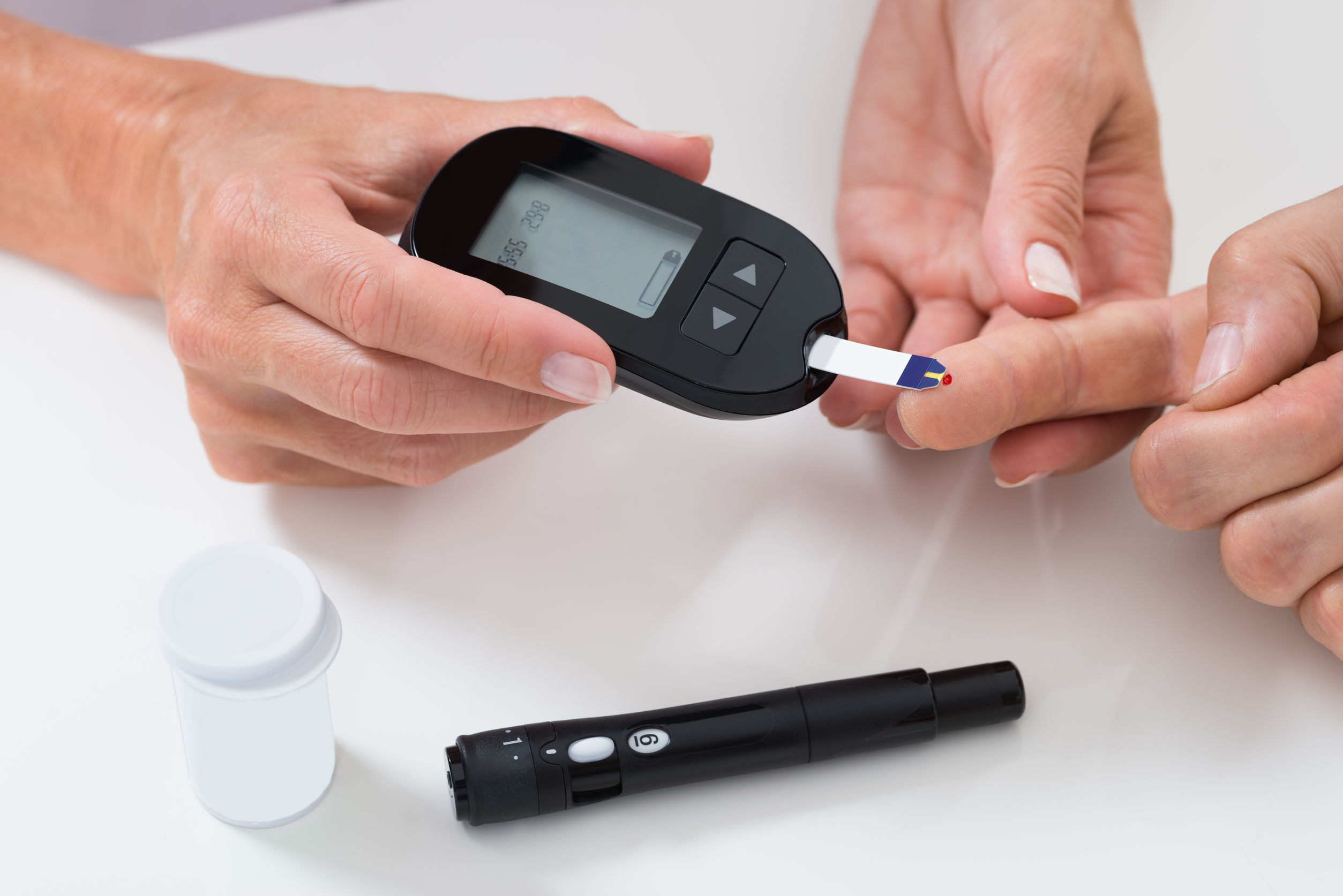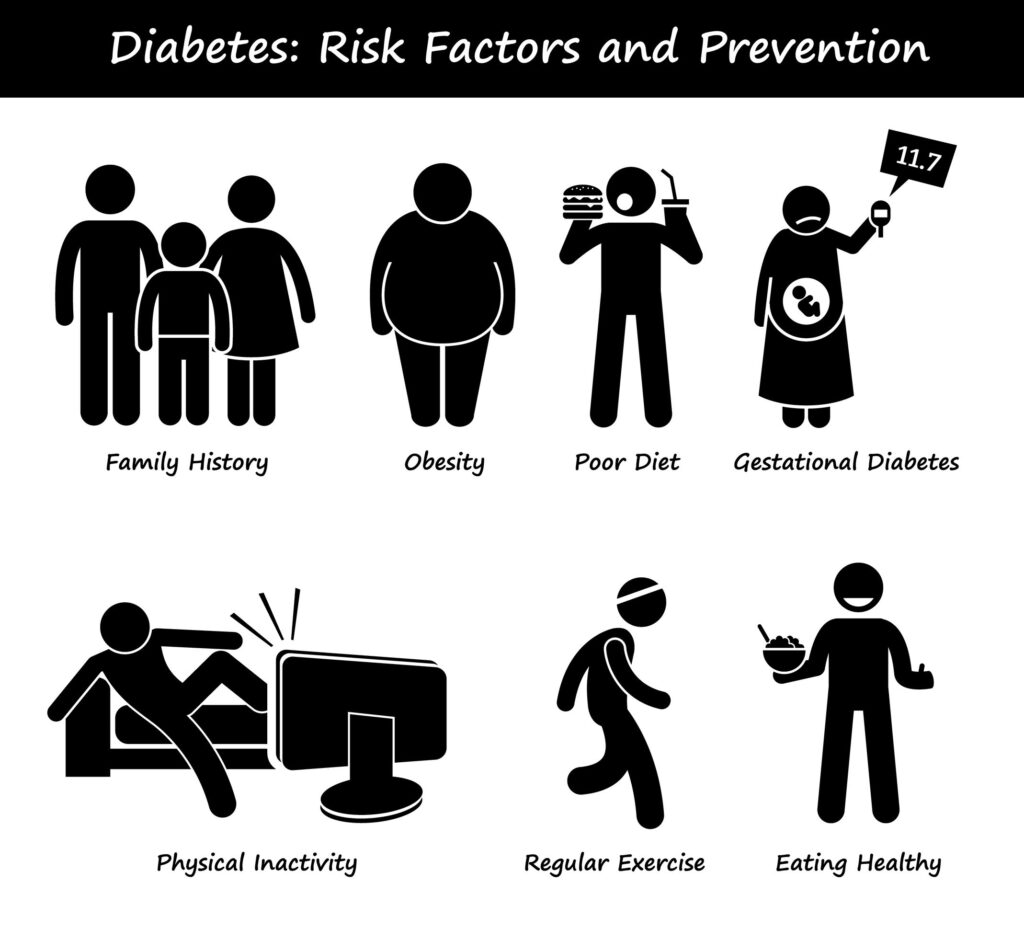It’s officially November! Although Halloween has just ended, that certainly does not mean that the sugary treat season is coming to an end anytime soon. As the holidays are slowly making their way into our lives, it is crucial that you talk to your patients about diabetes. As a disease that affects almost anyone, diabetes is a simple condition that can be obtained during this holiday season. As part of National Diabetes Month, it is important that you help your patients to be aware of diabetes and how it can affect their lives.
‘Tis the Season to be Aware of Diabetes

What is Diabetes?
In their 2017 National Diabetes Statistics Report, the Center for Disease Control (CDC) reports that about 30.3 million people are diabetic and 7.2 million people are unaware that they have this disease. In fact, a 2015 dataset concludes that about 132,000 people diagnosed with diabetes are children under 18 years old.
The National Institute of Diabetes and Digestive and Kidney Diseases define diabetes as a disease that occurs when insulin, a hormone that helps your cells get the glucose that it needs to be turned into energy. As a result, the glucose remains in your bloodstream, raising your blood sugar levels.
There are different forms of diabetes that exist. Here are four different types of diabetes to be aware of:
Prediabetes:
When you have high blood sugar levels that are not high enough to be considered diabetes, then you have prediabetes.
Type 1 Diabetes:
When you have type 1 diabetes, this means that your pancreas, the body organ that creates insulin, is not fulfilling its role. As a result, this lack of insulin production causes the glucose in your body to remain in your bloodstream. Although commonly found in children and young adults, type 1 diabetes can affect anyone. Here are some symptoms of type 1 diabetes include:
- Increased feeling of thirst
- Increased frequency of urination
- Increased hunger
- Increased tiredness and fatigue
- Unexpected weight loss
- Blurry vision
Type 2 Diabetes:
Type 2 diabetes frequently occurs in older adults. Similar to type 1 diabetes, type 2 diabetes occurs when your body is not producing the insulin that your body needs, which is also known as insulin resistance.
Gestational Diabetes:
Gestational diabetes occurs in some women during the stages of pregnancy. Although this typically goes away after childbirth, women who develop gestational diabetes during pregnancy have a higher probability of developing type 2 diabetes later in life. As a result, pregnant women are advised to get tested for diabetes when they are in their second trimester of their pregnancy. It is important to be aware of diabetes to prevent further complications.
Why Worry About Diabetes?
Diabetes is an important health disease that requires a lifestyle change in order to effectively manage it. This is because, if left untreated, diabetes can cause heart disease, kidney disease, nerve problems, as well as vision impairments.
What Causes Diabetes?
There are a variety of factors that cause diabetes as well as play a role in contributing to one’s likelihood of developing diabetes. In particular, lack of physical activity can cause obesity, which requires an increasing surplus of glucose. Genetics also plays a role in increasing one’s chances of developing diabetes. In particular, one’s family history and specific ethnic groups have a higher likelihood of developing type 2 diabetes. Certain genetic mutations and hormonal diseases can also increase one’s chances of developing diabetes in their lifetime.
 What Can You Do?
What Can You Do?
To prevent the likelihood of developing diabetes, it is important to recommend your patients to manage their diet to reduce and manage their blood sugar levels. This is especially important for those who already have diabetes. This includes exercising, developing good sleeping habits as well as engaging in healthy mental health. It is especially important that you cut down on unhealthy sugars, especially since the holidays are making its way into our lives. Limit your children’s sugar intake and help them practice healthy eating habits.
November is National Diabetes Month and it is important to help people be aware of diabetes.
